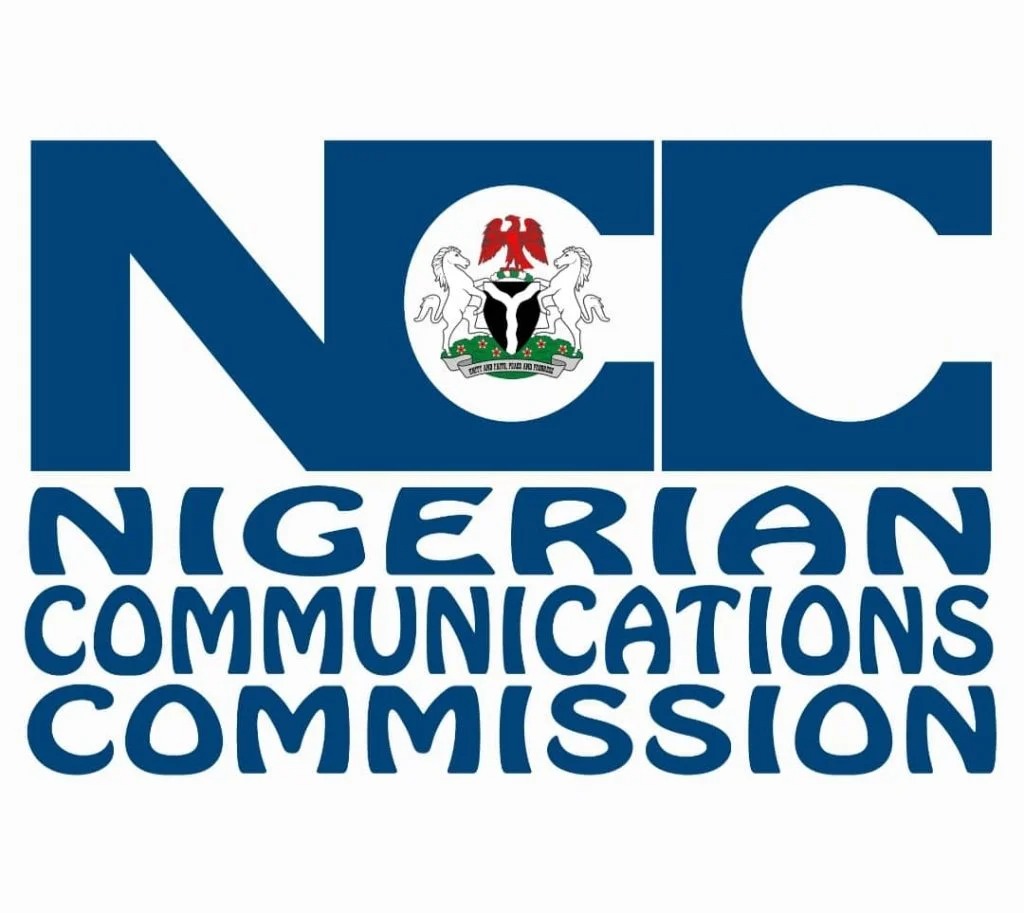The executive highlighted that the financial strain—alongside issues such as overlapping regulations and inconsistent right-of-way policies—has fostered an environment that hampers infrastructure development, especially in underserved areas.
Speaking at the workshop, the Attorney-General of the Federation and Minister of Justice, Lateef Fagbemi, emphasized the importance of establishing a unified legal and regulatory structure to support the communications industry.
He cautioned that disjointed levies and acts of infrastructure vandalism constitute economic sabotage, referencing the 2024 incident in Ogun State where conflicting tax demands led MTN to halt its expansion, as well as the 2023 attacks on base stations in Kano.
Fagbemi stressed the need for the justice system to hold offenders accountable and urged collaboration among the executive, legislative, and judicial branches to safeguard the sector's sustainability. He advocated for aligning legal and policy frameworks, standardizing right-of-way regulations, and streamlining digital taxation systems.
Fagbemi described the communications sector as a key engine for innovation and inclusion, as well as a vital component of the national economy. He warned that over-taxation and disjointed regulation risk undermining Nigeria’s digital advancement.
Echoing this sentiment, Maida affirmed the NCC’s readiness to collaborate with stakeholders—particularly the Attorneys-General—to establish a regulatory environment that encourages investment.
He emphasized that streamlining the tax structure is a crucial step in dismantling persistent obstacles to growth and advancing the nation’s broadband expansion and digital inclusion goals.










